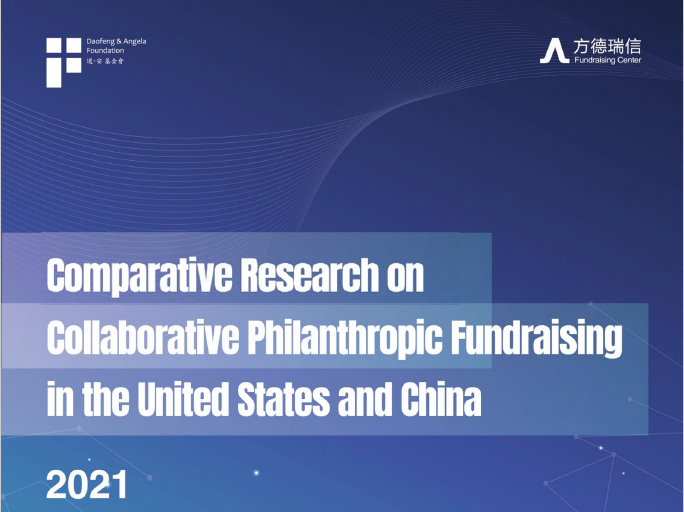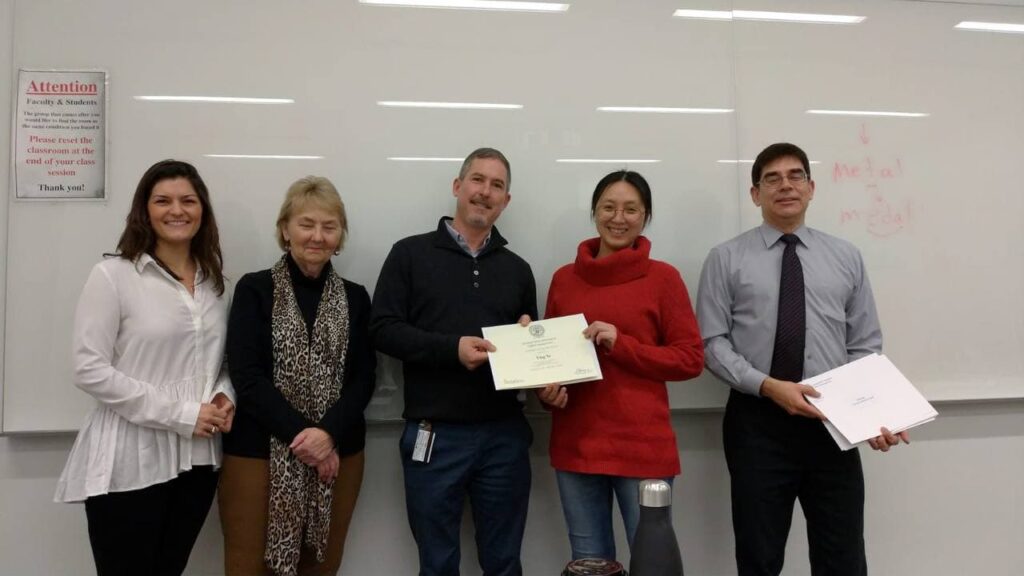Universal Values Research and Practice
We fund research into and practice universal values in today’s public sphere, conserving the values of liberty, equity, fairness, justice and love, which we believe are the bedrock of society.
OUR IMPACT
The Report of this practical research has been completed in July, 2021 and the English brief version was publicly released in February, 2022.
【final】Comparative_Research _on_the_collaborative_fundraising


Explore Projects by Theme
Comparative Research on Faith
Learn More
Research and Practice of Universal Values
Learn More
Conservation of Heritage & Tradition
Learn More
